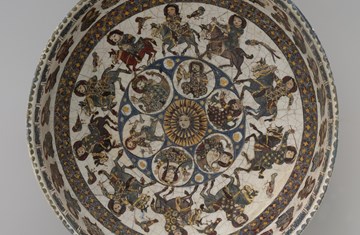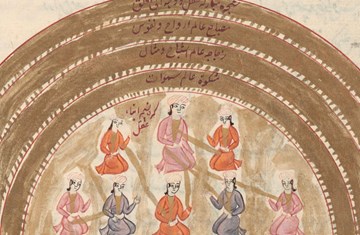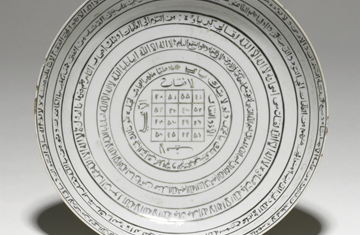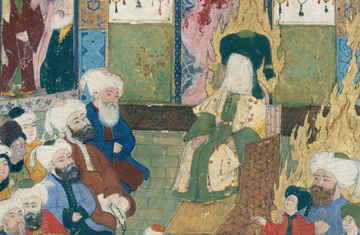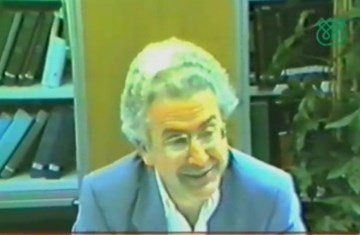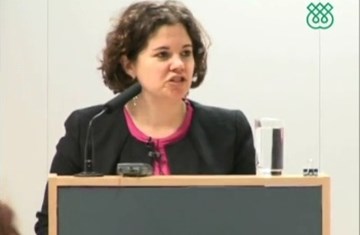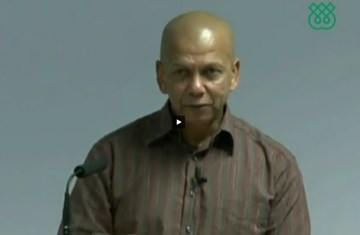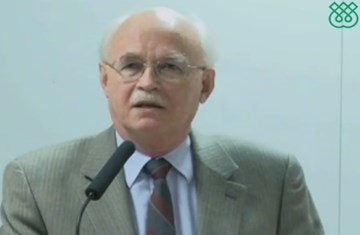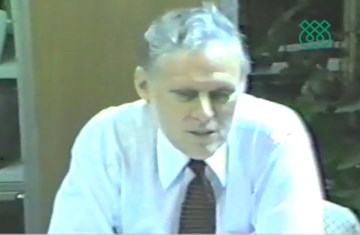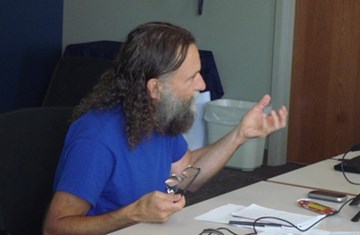British Orientalism and the Study of Islam, Professor C.E. Bosworth, 1983
This video is a 55-minute recording of Professor Bosworth's lecture delivered in 1983 on 'British Orientalism and the Study of Islam' at the IIS. The talk was part of a seminar series centred on the theme of 'Orientalism and the Study of Islam'.
Professor C.E Bosworth, a visiting professor at the University of Exeter, is an English historian and orientalist, specialising in Arabic studies. Having authored articles in academic journals, his other contributions include nearly 200 articles in the Encyclopaedia of Islam and some 100 articles in the Encyclopaedia Iranica. He has been the recipient of numerous awards and prizes, including the UNESCO Avicenna Silver Medal.
Lecture Abstract
Professor Bosworth’s lecture investigates the concept of “Orientalism,” as it has arisen in Britain, from its early occurrences of it, dating back to 1779, into the current time. Through his survey of the history of British Orientalism, in all its permutations, a deeper understanding can be reached of its impact on the formation of society and culture.
Professor Bosworth sees the origin of Orientalism in the seventeenth century with the work of Thomas Pocock who initiated Arab studies, by publishing original texts and translations often with his own commentary included, “refuting and even ridiculing erroneous ideas about Islam”. In the Professor’s view, Pocock’s significance is clear in that he began the process of change to the image of Islam in Western minds and through his extensive work with original manuscripts demonstrated that Islamic literature was worth studying in its own right and that it had a contribution to make to the stock of humanity.
In order to illuminate paradigm shifts through the ages, Professor Bosworth utilises the works of key figures such as Henry Stubbs’ account in the eighteenth century, “which showed the prophet Mohammad in a favourable light for possibly the first time.” However, despite certain landmark events indicating a widening in attitudes towards Islamic studies such as the founding of the Royal Asiatic Society in 1823 to the eventual formation of the School of Oriental and African Studies (SOAS) in 1916, Professor Bosworth is quick to point out that this attitude still needs promotion as Islamic Studies are still being marginalised.
This analysis of British Orientalism is replete with resources for students, scholars and academics.

